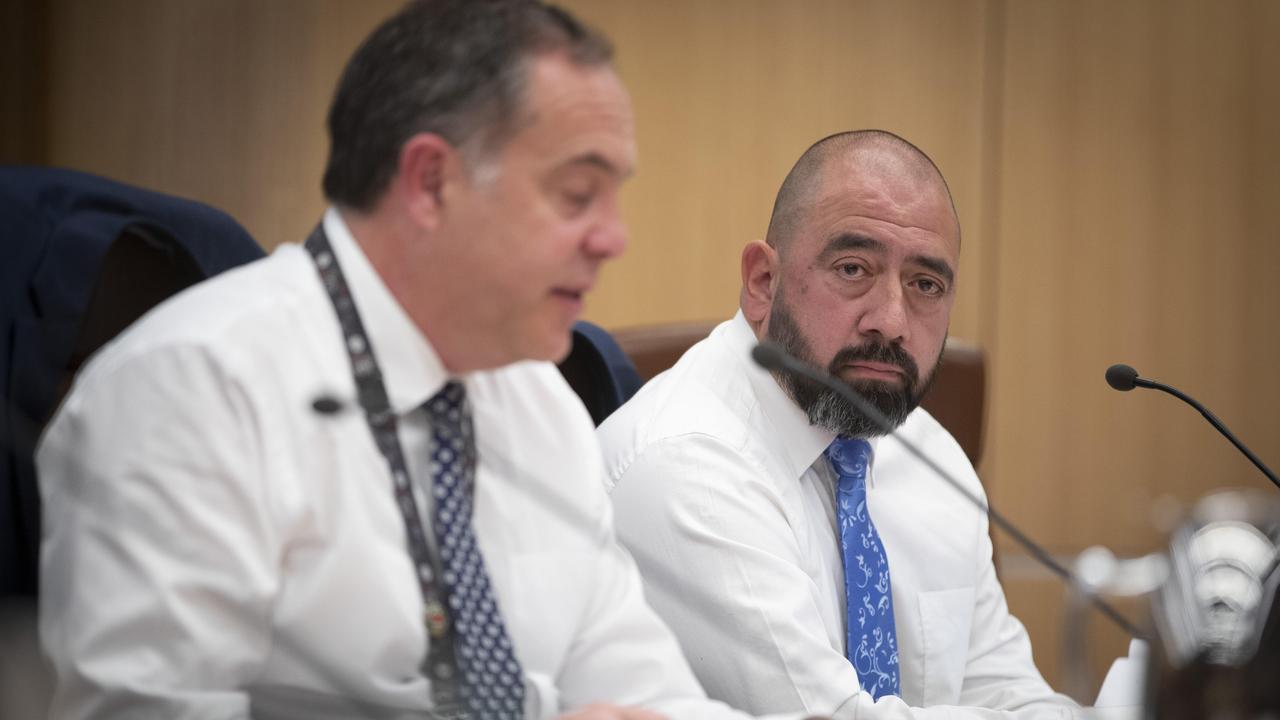Donald Trump’s ‘Liberation Day’: How tariffs will hurt Tasmanian exporters, consumers
US President Donald Trump’s sweeping tariffs will be felt in Tasmania, experts say, and shoppers will feel the impact in their hip pockets.
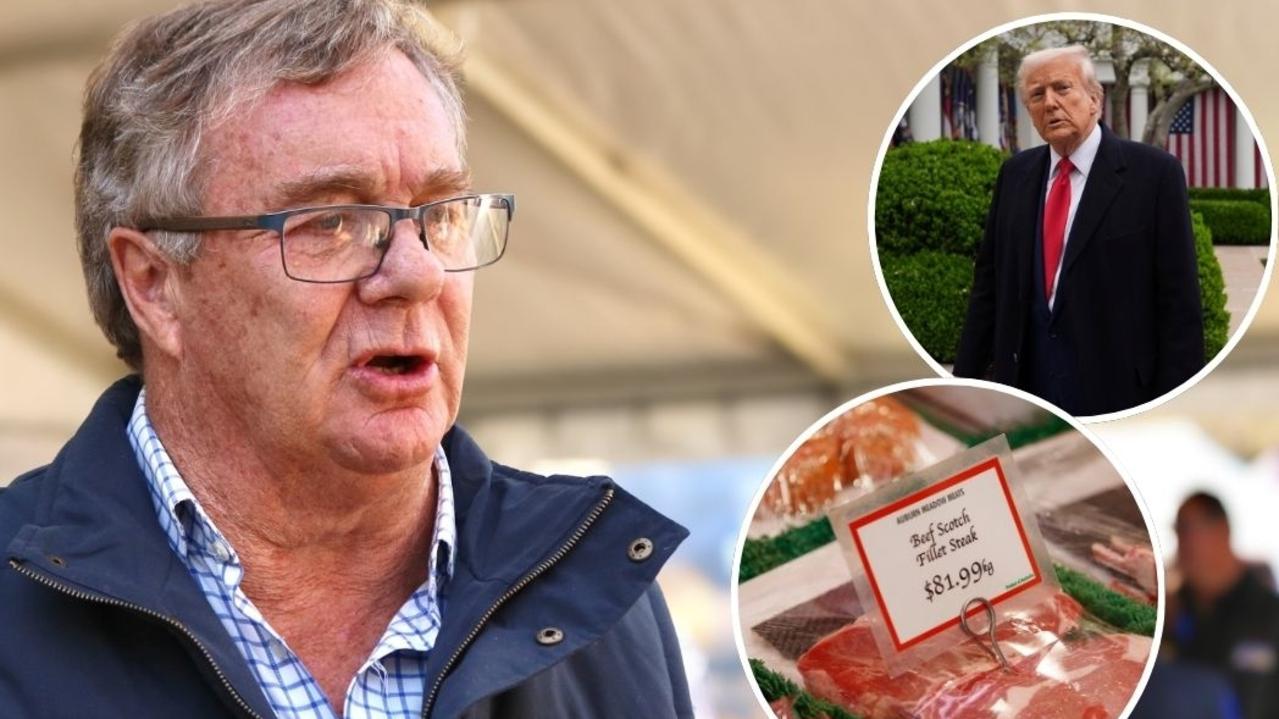
Tasmania
Don't miss out on the headlines from Tasmania. Followed categories will be added to My News.
Tasmanian abattoirs could be forced to scale back their operations in the wake of US President Donald Trump’s sweeping tariffs on Australian exports as local cattle farmers grapple with the potential consequences of the trade blow.
Mr Trump’s so-called Liberation Day announcement saw him impose varying tariffs on allies and rivals alike, with Australia copping a 10 per cent hit on exports into North America.
Australian beef and poultry are the nation’s biggest exports to the US.

The US market was worth $378m to Tasmania’s economy in the year to December 2024, with eighteen per cent of Tasmanian agriculture and seafood exports going to the United States in the last calendar year.
TasFarmers president Ian Sauer said Mr Trump’s tariffs were “very disappointing” but that it wasn’t yet clear what exactly the impacts would be on Tasmanian primary producers.
“We know that beef is going to be affected, but it will be all agricultural product that will be affected. At the moment, how large those ramifications will be, we don’t know,” he said.
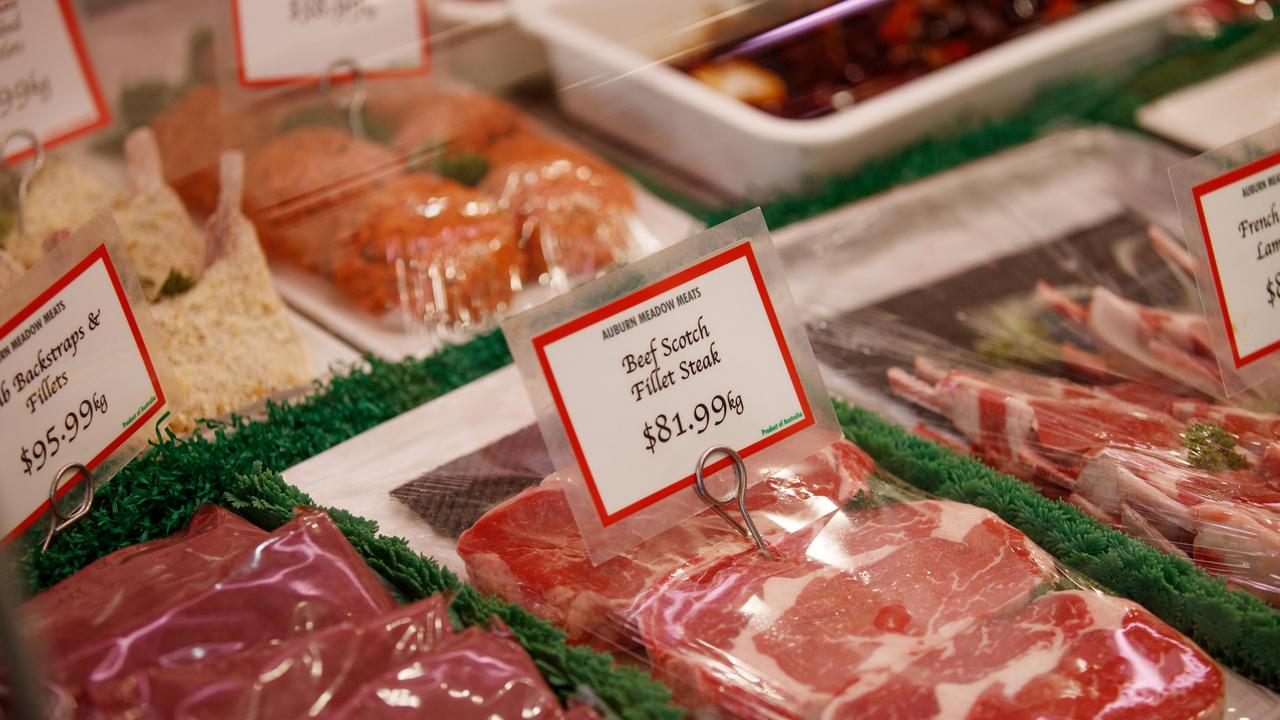
“[It] will have ramifications through the whole supply chain, to the consumer, not just to the farmers.”
Mr Sauer warned that if there was “disruption” to the state’s red meat supply, it could mean that abattoirs would have to “close down to one or two days a week” over winter.
“That could happen. And then there’s less money into the community,” he said.
“For every action, there’s a reaction.”
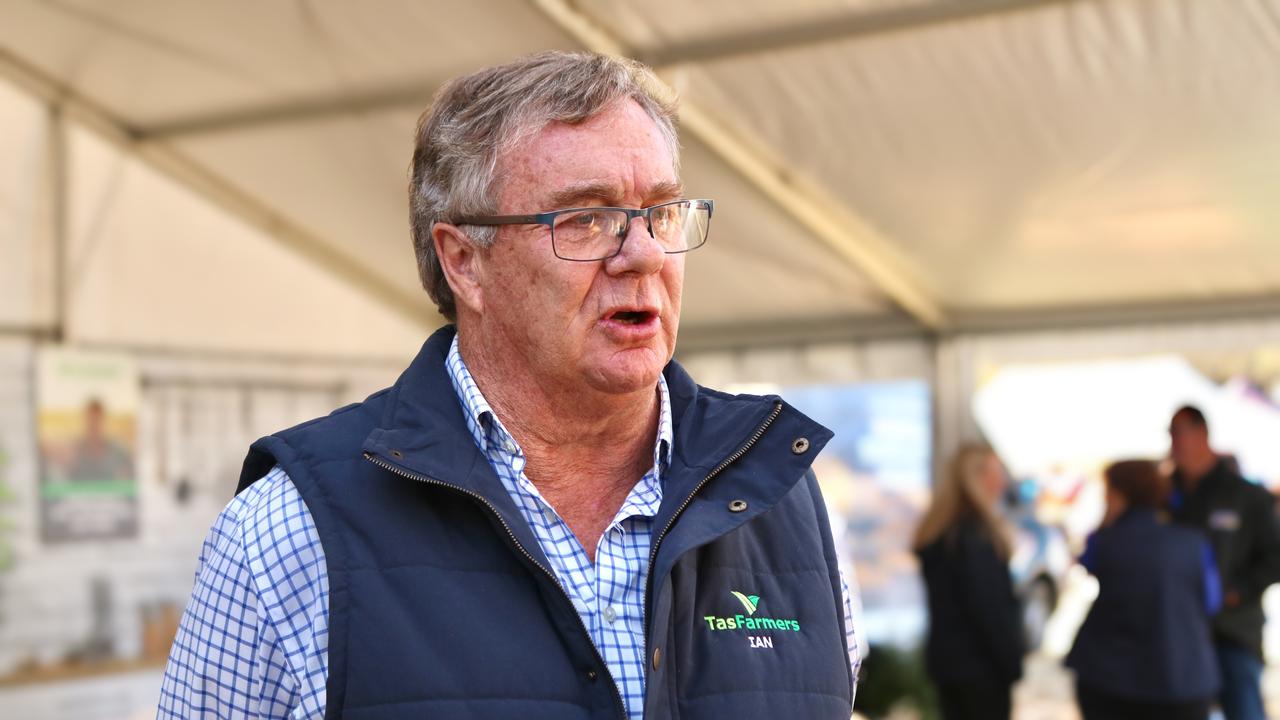
Mark Richards, the operations manager at Furneaux Agriculture and Richards Grazing, said he believed his cattle businesses could weather the tariff “storm”.
“Obviously any extra tax on us is not welcome but I think we can get through this,” he said.
Mr Richards and his partner, Felicity, sell some of their cattle to Greenham, which in turn sells beef to the US market.
However, Mr Richards said the red meat market could fluctuate by 20 per cent or more over 12 months and he was therefore “used to prices going up and down”.
“Will this have a significant effect? I think not. But it’s going to affect someone at the end of the day and I think that’s probably going to be the consumer. They’re going to have to pay more to cover it,” he said.
Furneaux Agriculture and Richards Grazing have about 7000 head of cattle across sites at Flinders Island, Riverside, and Mount Hicks.
Wine Tasmania CEO Sheralee Davies said the state’s booming wine industry only exported about 4 per cent of its total product but that the US was in its top three markets and was worth about $1.2m to the local industry.
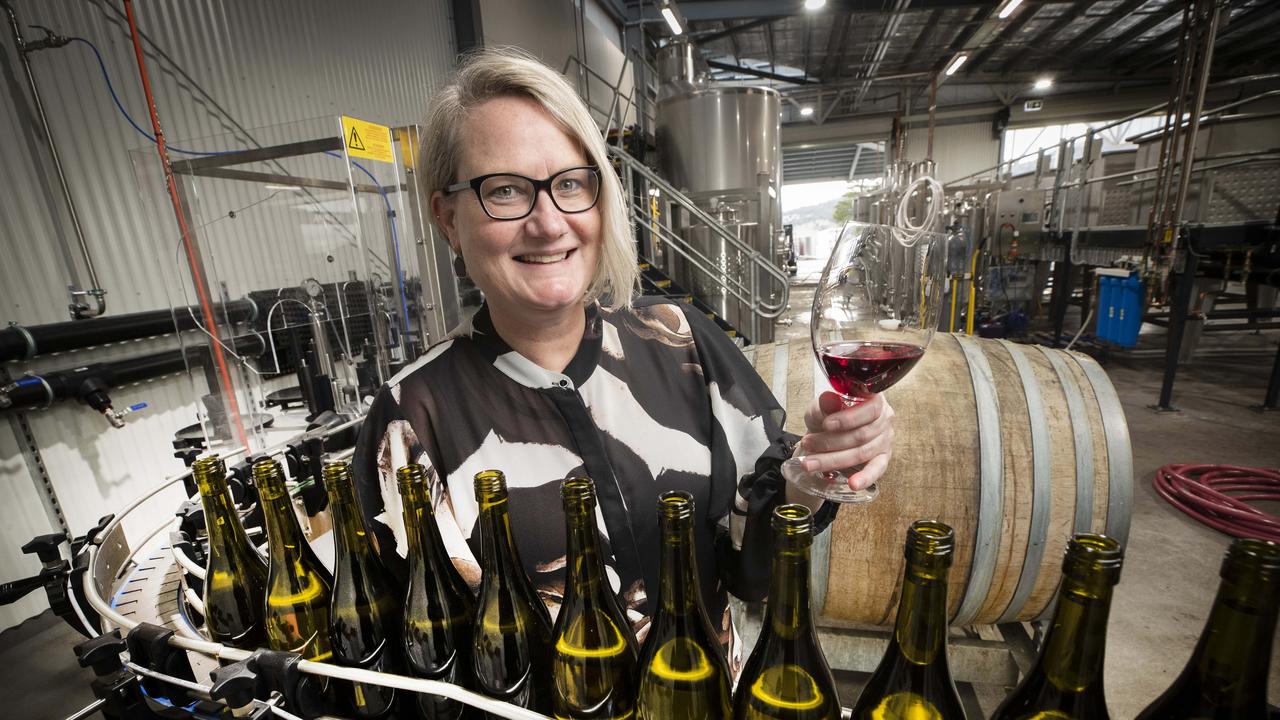
“We’re not reliant on any single export market, including the US, at the moment. We have the opportunity to respond to and satisfy demand in other markets when we have trade barriers like this,” she said.
Premier Jeremy Rockliff said he would urgently convene a roundtable with Tasmanian exporters impacted by the American tariffs to help them “work through the changes”.
“Our farmers work tirelessly to feed the nation and the world, and we will always have their backs,” he said.
More Coverage
Originally published as Donald Trump’s ‘Liberation Day’: How tariffs will hurt Tasmanian exporters, consumers






